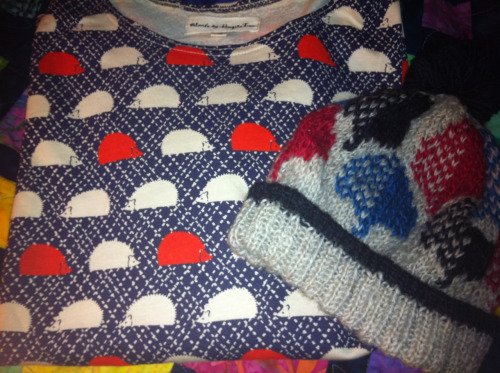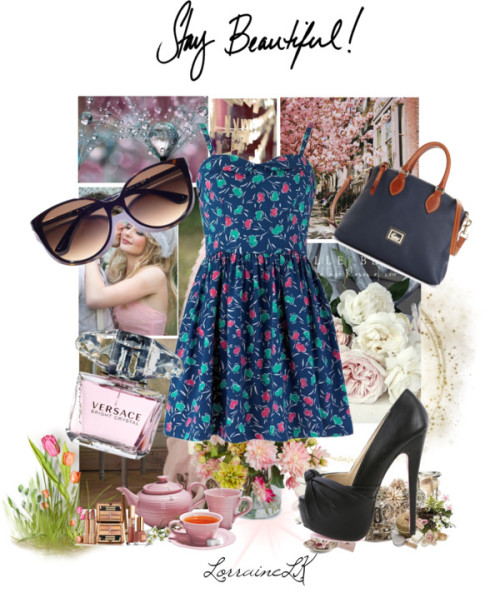#people tree
An old, but good interview with Emma Watson on the importance of fair trade while she was in Bangladesh a few years ago.
The creator of People Tree, Safia Minney, talks with a reporter about the collapse of a clothing factory in Bangladesh and why it is important to treat workers fairly. This story is absolutely infuriating and I find it mind boggling that more people aren’t questioning where their clothes came from and what conditions they were made in.
As you may have noticed in previous blog entries I’ve been talking a lot about sustainable, fair trade clothing lately. This is in-part because of the sociology course I’m taking, Environment & Society, which has really got me thinking about how fashion plays a part in the destruction of the environment and the poverty of people. I will be undertaking a pretty large project over the next few months; looking at my own clothing wardrobe to better understand what the fabrics are made from, where they are made, and the results of such cheaply made products. It’s with my professors approval that I’ll be doing this project (which has several other components too…like possibly working on an organic sheep or alpaca farm!). And I’ll be sharing my results here as well. Now, all that said, let’s talk about a good shopping experience I had recently!
I have herd about People Tree for awhile now (ever since Emma Watson did a collaboration with them, if you must know) but had never purchased anything from the company before. But I recently bought this adorable hedgehog shirt and cozy Orla Kiely with People Tree hat. It was such a lovely shopping experience, I felt like I was actually spending my money in a responsible way, especially knowing that the people who made the clothes were treated fairly. And for me, it was a new way to shop too, rather then not knowing where or who made my purchases I can confidently say that the top was made by Assisi Garments, a project which provides work for deaf, mute, and marginalized women in India. And my wool hat was produced in Nepal, with knitters at the Kumbeshwar Technical School, which also provides workers with fair wages and medical and social support. Perhaps if all clothing items came with a tag informing the buyer of where it was made and what sort of people made it, then people would actually care about the source of their clothes.
Post link


